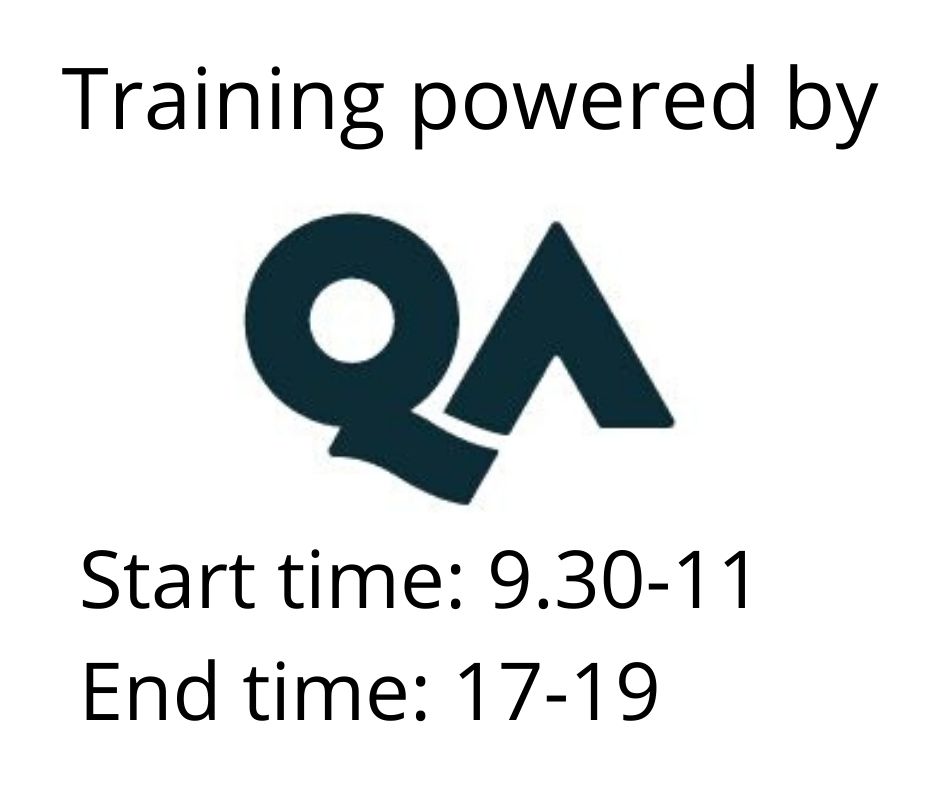TAP Certificate in Managing Learning Transfer
Utbildningsformer
Längd
2 dagar
Pris
19435 kr
Some researchers report that learners on corporate training programmes apply less than 20% of what they have learned to their jobs. If true, this represents a massive waste of time and money.
Organisational learning is more strategically important than ever before. The L&D function is increasingly under the spotlight to provide evidence that training interventions improve workplace performance. This means that we have to bridge the gap between what people learn on a formal learning programme and the application of that knowledge and skill to the job. This needs a coherent learning transfer model.
‘Managing Learning Transfer’ gives L&D managers and consultants the tools and means to drive learning interventions that result in measurable performance improvement. This offers L&D a great opportunity to spearhead improved business performance, whilst enhancing their own credibility and status across the organisation.
What's included in the course?
- Facilitated discussion around learning transfer issues
- Practical tips and models for improving learning transfer
- Applying learning transfer principles to an L&D assignment of your choice
- Evening work
What the delegates will learn
- Explore how a systematic approach to learning transfer can help training interventions add value
- Select effective learning transfer practices and implement them
- Evaluate current learning transfer practices to identify areas for improvement
- Enhance personal credibility by obtaining a professional qualification, the Certificate in Managing Learning Transfer
Next steps
- Designing a Business Driven L&D Strategy
- Leading the L&D Function
- Digital Transformation
Apply the TAP learning transfer process to a chosen learning intervention in accordance with the TAP Managing Learning Transfer Skills Profile.
There are no formal prerequisites for this course, it is suitable for L&D Managers and L&D Consultants who are responsible for the implementation of strategic and bespoke learning interventions.
Session 1 - Understanding learning transfer
In this session, we consider:
- Re-thinking L&D
- Defining learning transfer
- Performance improvement
- Learning transfer and evaluation models, the new finish line
- A culture of transfer
- Roles in learning transfer
- Factors that influence transfer
- Building credibility for L&D
Session 2 – Collaboration and accountability – the key enablers
In this session, we consider:
- The importance of collaboration
- Building effective relationships
- The art of persuasion
- Roles in building collaboration
- Benefits of establishing accountability
- Accountability tools
- Roles in establishing and accepting accountability
Session 3 – Being outcomes driven
In this session, we consider:
- Engaging with the programme sponsor to clarify expectations
- Defining the measurable business benefit of a learning intervention
- Identifying the critical behaviours that will drive the business benefit
Session 4 – Designing for learning transfer
In this session, we consider:
- Recognising the new finish line
- Design considerations for the entire learning transfer process – before, during and after learning
- Roles in designing learning
Session 5 – Delivering for learning transfer
In this session, we consider:
- Pre-delivery activities
- Supporting motivation and self-efficacy during delivery
- Assessing learning and planning transfer
- Roles in delivering for transfer
Session 6 – Supporting workplace application
In this session, we consider:
- The need for support
- Harnessing non-formal and informal learning to support learning transfer
- Understanding willpower and its limitations
- Identifying appropriate performance support tools for effective learning transfer
- Roles in the reinforcement process
Session 7 – Evaluating learning transfer
In this session, we consider:
- Monitoring and measurement
- Ways to gather evidence of behaviour change
- The Success Case Method
- Roles in evaluation
